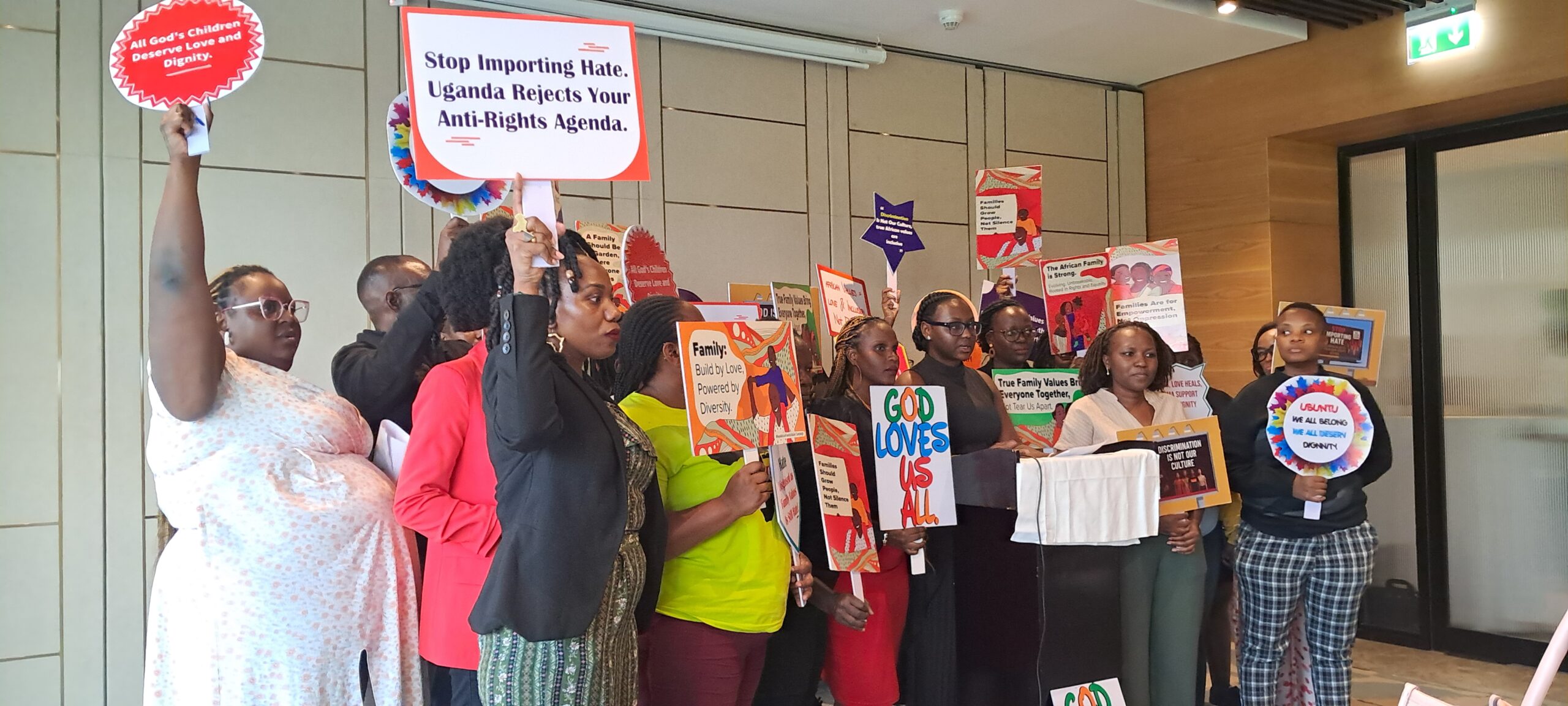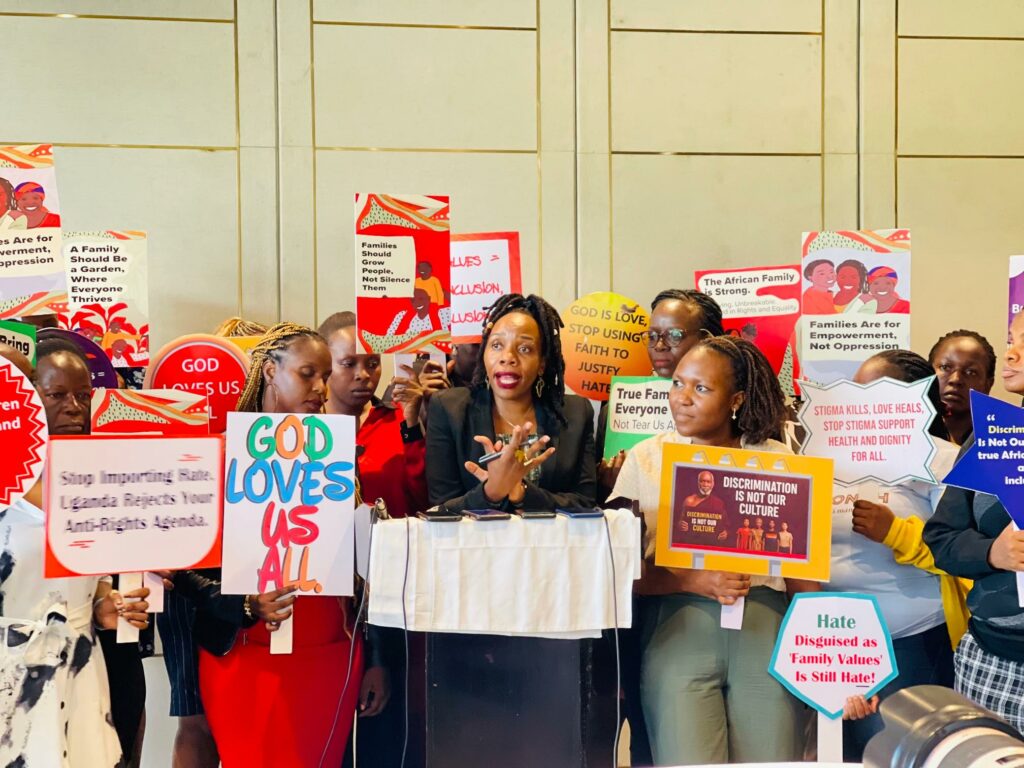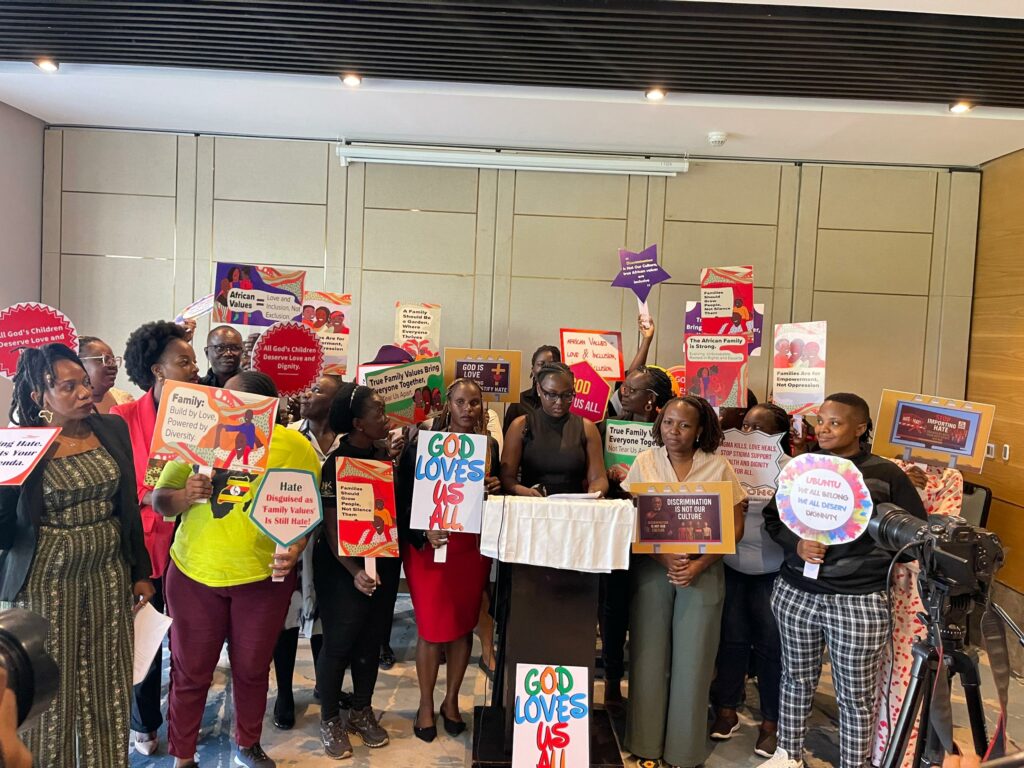
 Mama FM
Mama FM

 Mama FM
Mama FM
10 May 2025, 3:40 pm

By Nakato Annet
As Uganda hosts the 3rd African Inter-Parliamentary Conference on Family Values and National Sovereignty, concerns are growing among various women’s groups about whether the conference will deliver meaningful outcomes or merely repeat the unfulfilled promises of previous gatherings.
The conference, running from May 9 to May 11, 2025, brings together lawmakers, policymakers, and civil society leaders to deliberate on ways to uphold and promote family values through legislative and programmatic efforts.
It also precedes the larger Pan-African Conference on Family Values, scheduled to take place in Nairobi, Kenya, from May 12 to 17.
During a breakfast meeting held at Four Points Hotel in Kololo, women leaders and activists stressed the importance of building happy and peaceful families based on respect for everyone.
The meeting was organised by the Women’s Probono Initiative in partnership with the SRHR Alliance and other women’s groups. The women emphasised that although they play a key role in families as caregivers, many still face abuse and violence at home.
They highlighted that the family is often where women suffer the most and that both the law and society do not do enough to protect them. According to a 2020 National Survey by the Uganda Bureau of Statistics (UBOS), 56% of Ugandan women have experienced some form of intimate partner violence. In 2024 alone, police recorded 10,792 cases of domestic violence against women.
Speaking to journalists during the press conference, Grace Namataka, Program Officer at Akina Mama Wa Afrika, said that all types of women need to be included in discussions about laws and policies.
She raised concerns about potential changes to important laws, such as the Maputo Protocol, which protects women’s rights. Namataka and other activists urged members of parliament to prioritise women’s issues in future debates and legislation.
Namataka also expressed concern about growing foreign influence, particularly from the United States, on African family values. She urged lawmakers to resist external pressure that could weaken Africa’s cultural traditions and family structures.

Despite these concerns, the women also shared strong recommendations to help make Africa a safer and fairer place for women and girls. These were presented by Yvonne Mpambara, a social justice lawyer.
The group made the following calls:
The women’s movements emphasised that protecting African values and advancing women’s rights can go hand in hand, and that both are essential for building stronger communities.